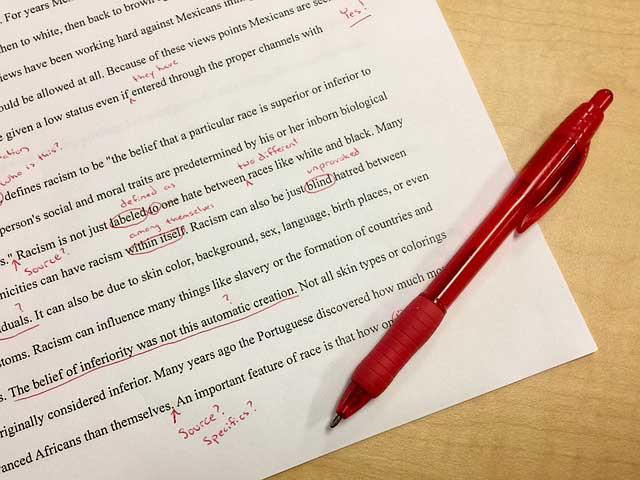Developmental Editing for Nonfiction Writers: A Complete Guide
Many writers think that developmental editors are reserved for works of fiction, where they can flesh out characters and help identify holes in the plot, among other tasks. But here’s the thing, while those tasks are critical for the success of a story, developmental editors are as — if not more — critical for works…


